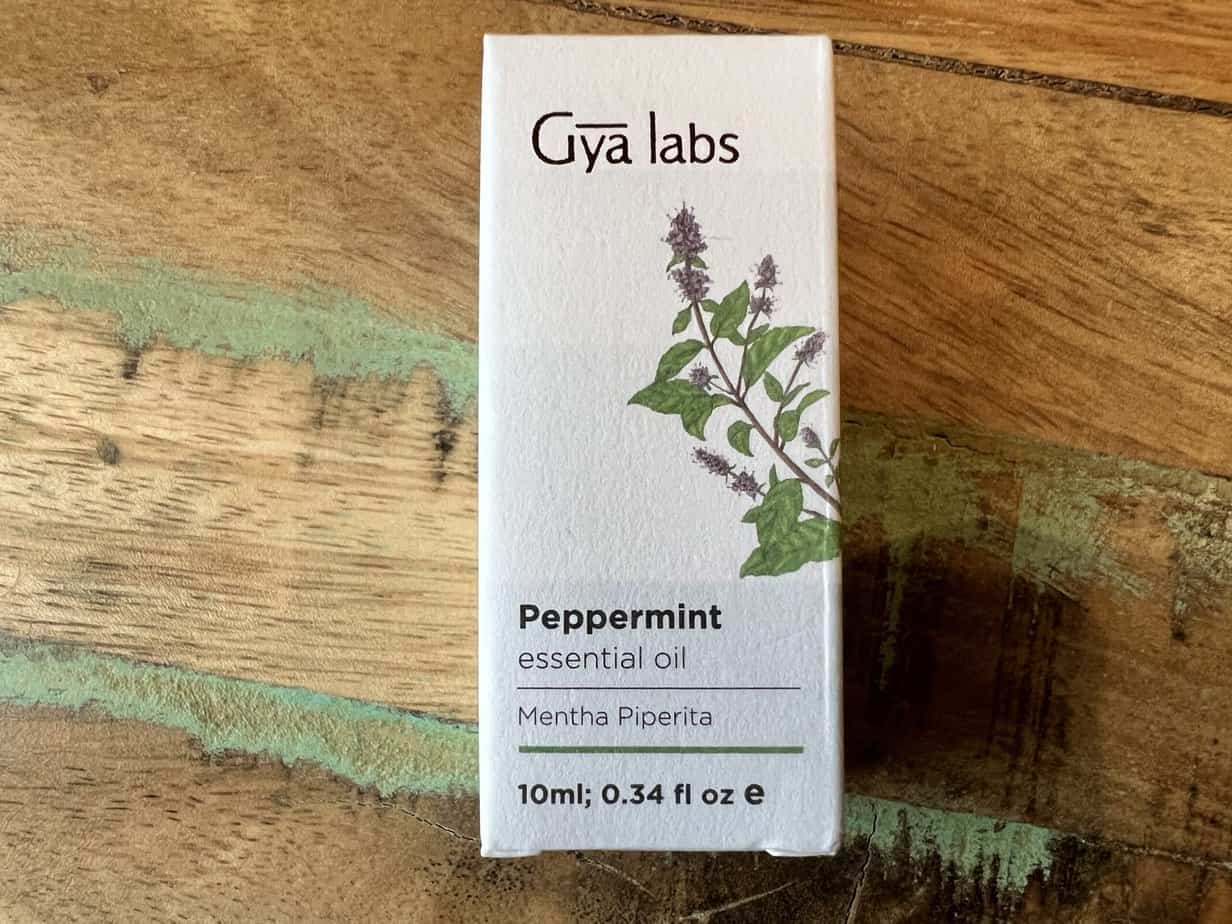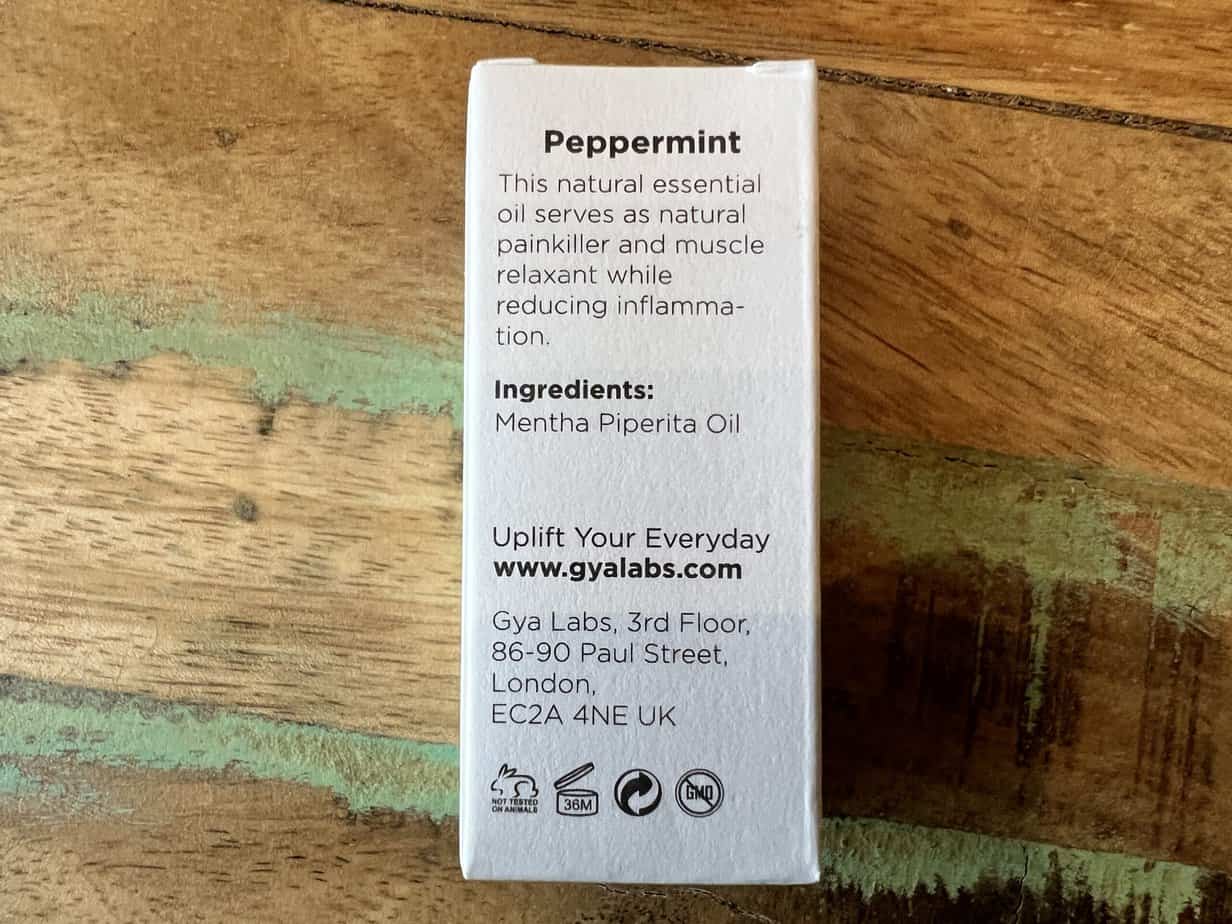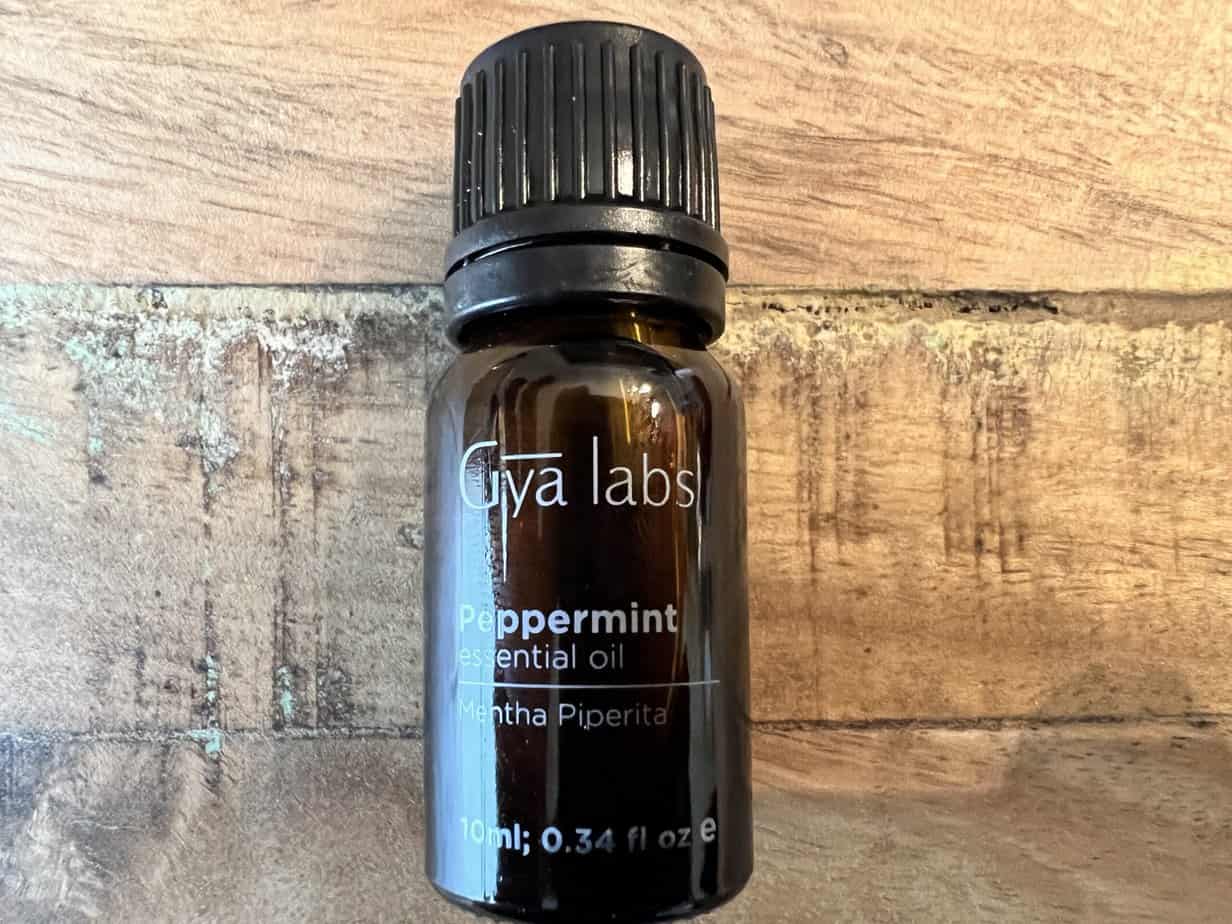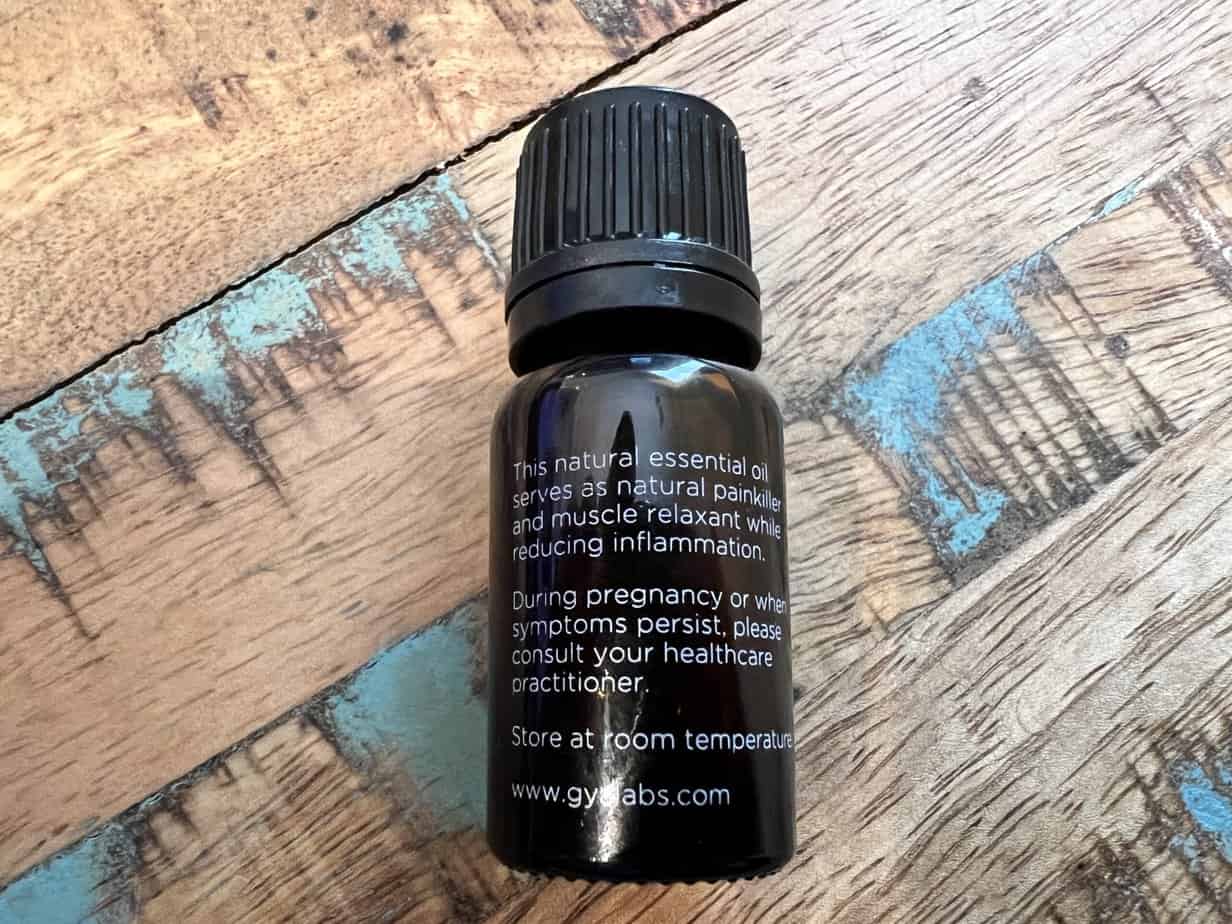
The search for hair growth stimulants and supplements is seemingly nonstop, and lately, there have been numerous ladies using peppermint oil during their hair care regimen.
Within this article, we'll explore the benefits of using peppermint oil to stimulate hair growth and discuss other hair care benefits.
Table of Contents
Is Peppermint Oil Good for Your Hair?
Peppermint oil is good for hair as research has shown that it promotes hair growth more effectively than some other topical applications such as minoxidil, saline, and jojoba oil. In addition to promoting hair growth, peppermint oil has been found to increase scalp thickness and the number of hair follicles.
Peppermint oil can be useful in hair products, particularly those targeted toward individuals with thinning hair or hair loss. However, it is important to use peppermint oil in moderation and dilute it with a carrier oil, as it can irritate the skin in its concentrated form.
What Is Peppermint Oil?
You definitely already know about peppermint from the countless red and white striped candies which contain peppermint, but what exactly is peppermint oil?
For those not in the know, peppermint oil is just what it sounds like – the extracted essence of peppermint made into an essential oil (i.e., "pure peppermint essential oil").
You can grow peppermint in your garden or buy it from a store like Walmart or Target.
Either way, this extract has a characteristic “minty” scent and can be used in everything from cooking to DIY wellness products for many different things, including hair care and growth.
One of the key components of peppermint oil is menthol, a compound that's responsible for many of the beneficial elements of peppermint, including its taste, smell, and the cooling sensation it gives.
Why Try Peppermint Oil?
There are several reasons why peppermint oil is so well-regarded among those looking to breathe fresh life into fading hairlines and balding scalps.
One of the biggest reasons for this boost in popularity is the all-natural nature of peppermint oil and other essential oils.
We’ve been trained to think that “chemicals are bad,” and there are problems with that thinking.
The thought process is nevertheless persuasive and has put “organic” and “all-natural” products in a more favorable light, especially for things such as hair care products.
The many reasons for this all-natural movement that peppermint oil embodies include:
- All-natural products and those with essential oils are free from harmful chemicals that can irritate your scalp or cause more severe medical problems.
- Certain chemical-based shampoos can irritate your scalp.
- The fumes from certain chemicals can give some people headaches and/or provoke nausea.
- Chemical pollutants are a major problem right now, so there is an ethical prerogative to use more natural products made from sustainable, eco-friendly ingredients.
- Essential oils are incredibly fragrant, so whether you choose rosemary, lavender, ginger, or any number of options, your hair is bound to smell nicer and chemical-free.
- Essential oils have been used in one form or another by cultures around the world.
What Are the Benefits of Peppermint Oil for Hair?
As with any claims to the benefits of essential oils, it’s natural to be cautious and careful about believing what you hear about their effects.
There are far too many products that try to push sales backed by science – so let’s take a look at what the scientific research community has to say about the efficacy of peppermint oil for hair care.
It isn’t just peppermint oil that people are excited about when it comes to hair growth. As we’ll see, there are reasons why peppermint oils are growing in popularity.
That said, several essential oils are promoted as hair growth supplements, including rosemary, ginger, and lavender.
However, peppermint oil has displayed many of the best elements of different essential oils, making it a favorite among those looking to take advantage of its many benefits.
Several studies have been done on peppermint oil's efficacy to help sort out fact from fiction.
Chronic scalp itching and flaking
One study examined its efficacy in treating chronic itching. Dry, itchy scalps can be one of the prime causes of hair loss.
This is particularly true when a person is already balding or has received newly-transplanted hair since scratching these new follicles can tear them right out again. Finding ways to alleviate that itching is essential.
Thankfully, peppermint oil proved effective in this regard, with a 1% solution of the oil having a positive impact on long-term itchiness. The oil was also found to be beneficial in treating severe scalp itching.
Reduce Hair Loss in Pregnancy
Another study examined the effect of using peppermint oil to reduce itchy skin during pregnancy.
Since pregnancies are already stressful enough, and stress can be a major factor for hair loss, reducing itchiness can be essential for helping women combat hair loss during pregnancy.
A 0.5% solution applied twice a day was found to be effective in controlling this kind of itchiness.
Using Peppermint Oil With Minoxidil
Still, another study compared the effectiveness of peppermint oil with minoxidil. If that name sounds familiar, it’s probably because it’s another name for Rogaine.
Or, if you’re a fan of The Simpsons, you may recognize the name-switched version, “Dimoxinil,” from the episode “Simpson and Delilah,” where Homer regrows his hair).
This study found that a 3% solution of the oil helped increase hair thickness – just like Homer enjoyed in the episode.
Peppermint Oil Promotes Hair Growth
A study published in Toxicological Research found that peppermint oil solutions may produce more hair growth than minoxidil solutions.
While there isn’t a ton of concordant research to confirm this study, it’s one more indication that peppermint oil can be used as a hair growth supplement.
In fact, another study released in Microvascular Research found that menthol solutions “caused blood vessels to widen” and, as a result, “increase[ed] blood flow.”
That matters since, as mentioned, menthol is a key ingredient in peppermint oil and can increase blood flow to your scalp.
What’s more, while menthol is, as established, also the source of the cool minty flavor that comes with peppermint candies, that same cooling sensation can help soothe irritated or inflamed skin on your scalp.
The Benefits of Using Peppermint Oil on Hair
1. Stimulate the Hair Growth Cycle
Of all the benefits of using peppermint oil for hair growth, this is by far the biggest. The oil can stimulate the scalp in various ways, including allowing greater blood circulation, which, as described below, can have a huge effect on healthy hair growth.
2. Reduce Oily Hair
Peppermint oil can help reduce oiliness. In the process, it also balances out your scalp’s sebum production, which in turn can leave your hair better hydrated and nourished without it drooping or feeling weighed down.
3. Sorting Out Dry Scalp and Itchiness Issues
Two of the biggest causes of baldness and hair loss are dry and itchy scalps. These two factors are connected since dry skin can cause you to scratch more, thus dislodging hair follicles.
Unfortunately, this doesn’t solve the itchiness issue and, if anything, only allows your scalp to get even drier, perpetuating the problem.
Peppermint oil serves as a one-two punch here, combating both dry scalp and itchiness.
4. Getting to the Root of the Matter
Peppermint oil also contains pulegone, which can help strengthen your hair’s roots. Applying it on its own or mixed in with coconut oil can thus help strengthen your hair from the roots up, resulting in hair that doesn’t break as easily.
5. Treatment for Head Lice
Peppermint oil can serve as a stopgap at warding off lice until you can get proper medical treatment. Read this article to learn more about head lice treatments.
Potential Side Effects of Using Peppermint Oil
As with any treatment, a peppermint oil treatment is not without its side effects. For one thing, as mentioned below, using the oil undiluted can result in a burning sensation.
According to the FDA, you should only use essential oils as mandated by the manufacturer. When taken in large doses, the oil can be toxic, leading to conditions such as interstitial nephritis and acute renal failure.
It is also incredibly toxic for dogs, so make sure to not let your four-legged friends anywhere near the oil and get them immediate medical help if they ingest it.
The dosages used by shampoos and other methods of using peppermint oil for scalp regeneration and hair growth should be low enough to be fine.
Again, this is why you need to make sure you dilute any mixtures that might otherwise be too strong – remember, only a few drops should be necessary.
In rare cases, the oil can cause rashes or irritation. Again, it normally helps clear these up rather than induce them, so if they occur, it’s likely an allergic reaction or something similar, and you should stop using the product immediately.
How to Use Peppermint Oil for Hair Growth
Just as there are many benefits and side effects of peppermint oil, there are several methods by which you can apply it. Various methods can have different effects, and some may be a better fit for your scalp or hair care regimen.
The simplest and most obvious way to apply peppermint oil is to massage it directly into your scalp. If you choose this method, a couple of drops (about enough to fill 1 tsp) should suffice.
Sometimes peppermint oil is already included in massage oils. However, if you want to make your own scalp massage oil, it can easily be created with your own DIY recipe of peppermint oil, coconut, jojoba, and/or shea butter.
As you massage the oil solution into your scalp, you might feel a slight tingling sensation. Leave it on your scalp for around 15 to 20 minutes afterward, and then wash your hair with shampoo.
If the menthol is too intense, try adding other essential oils into the mix or washing your hair and scalp earlier.
Some people prefer to pour peppermint oil directly into their shampoo bottles. If you do this, take care not to add more than a few drops, and then simply wash your hair as you normally would.
It is essential to remember that using peppermint oil undiluted can burn your skin, so make sure to always dilute the oil and other essential oils when using them, especially when massaging them into your skin and scalp.
Due to the potential burning sensation when using the oil undiluted, you naturally don’t want to get any of the product near your eyes or leave a bottle open where children or pets can easily get to it.
- Castor Oil for Hair Growth Results
- Coconut Oil for Hair Growth
- Benefits of Tea Tree Oil for Hair
- Refined or Unrefined Coconut Oil for Hair
There are many reasons to incorporate peppermint essential oil into your hair care routine.
For starters, it is all-natural and thus a more eco-friendly option than certain chemical-heavy hair products.
What’s more, peppermint oil can imbue your hair with a silky-smooth sheen and a lovely fragrant scent.
Peppermint oil can also help promote hair growth in a variety of ways. For one thing, it can imbue your hair with a variety of essential nutrients, thus helping follicles grow more healthily than they might otherwise.
For another, the menthol in peppermint oil increases blood flow in your scalp, which in turn can help stimulate sustainable growth and length retention.
Even more pronounced than its ability to help you grow hair is its ability to tackle scalp dryness and the itchiness that accompanies it, which, as mentioned, can be a long-term hair care game-changer.
Peppermint oil, and specifically the pulegone in it, can also strengthen your hair’s roots. In short, there are many ways in which peppermint oil can help soothe your scalp, and thus a plethora of reasons to consider adding it to your hair care arsenal.













